Nine Books to Prepare for the World After COVID-19

We share our top picks for books to read in the weeks ahead that delve into what sort of world might emerge when the pandemic has passed.
For those who aren't simultaneously juggling work, childcare, and Tiger King, now is an ideal time to take a deeper dive into the big trends shaping the world. Social distancing is a federal mandate for solo pursuits, while the anxiety of living through a pandemic is an inducement to escape: both strongly encourage reading. Below are our top picks for recent and upcoming books. While none dwell on the topic of infectious disease, they each offer clues as to how the world might respond in the weeks ahead, and the sort of world that might emerge when the fever has broken.
For these and any other book purchases you may be considering, we strongly encourage you to shop with our local partner, The Book Cellar. All titles are available in the store (now offering curbside pickup) or from their online store, with free delivery.
Putin’s People: How the KGB Took Back Russia and Then Took on the West
By Catherine Belton (Farrar, Straus, and Giroux)
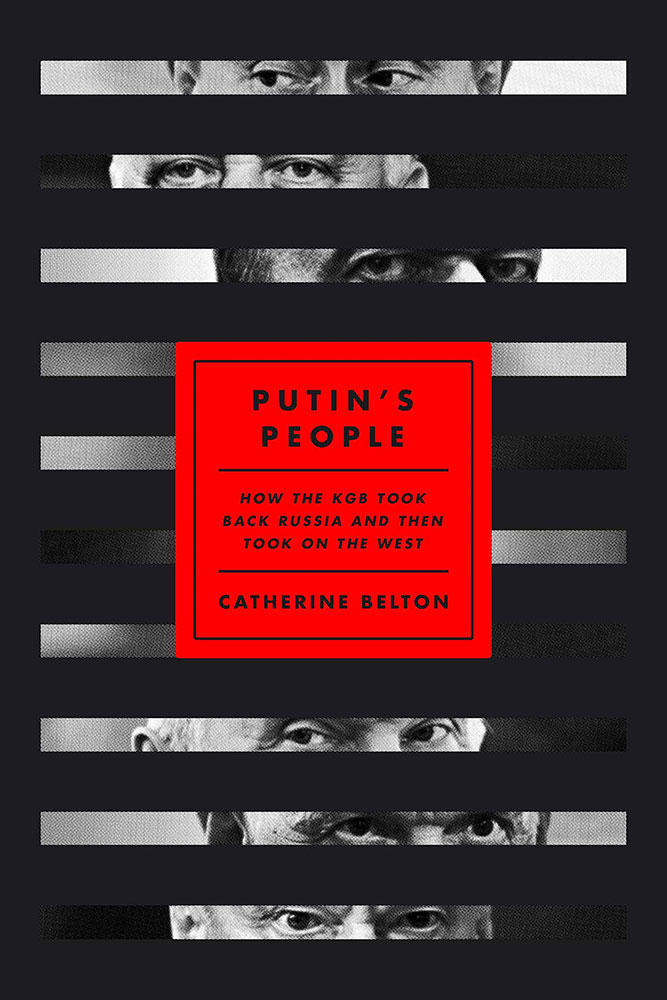
One thing that almost certainly will not be interrupted by the pandemic is the presidency of Vladimir Putin. While we were preoccupied with the availability of toilet paper, Putin was attempting to clear the way to remain Russia’s leader until 2036. The Financial Times’s former Moscow correspondent Catherine Belton exposes how Putin and a small group of fellow KGB officers ruthlessly gained control of Russia’s institutions and economy. This is a story with profound implications for America’s democracy, social cohesion, and global commitments that will loom over the US election on November 3, and possibly for many more elections to come.
Which Country Has the World’s Best Health Care?
By Ezekiel Emanuel (Public Affairs)
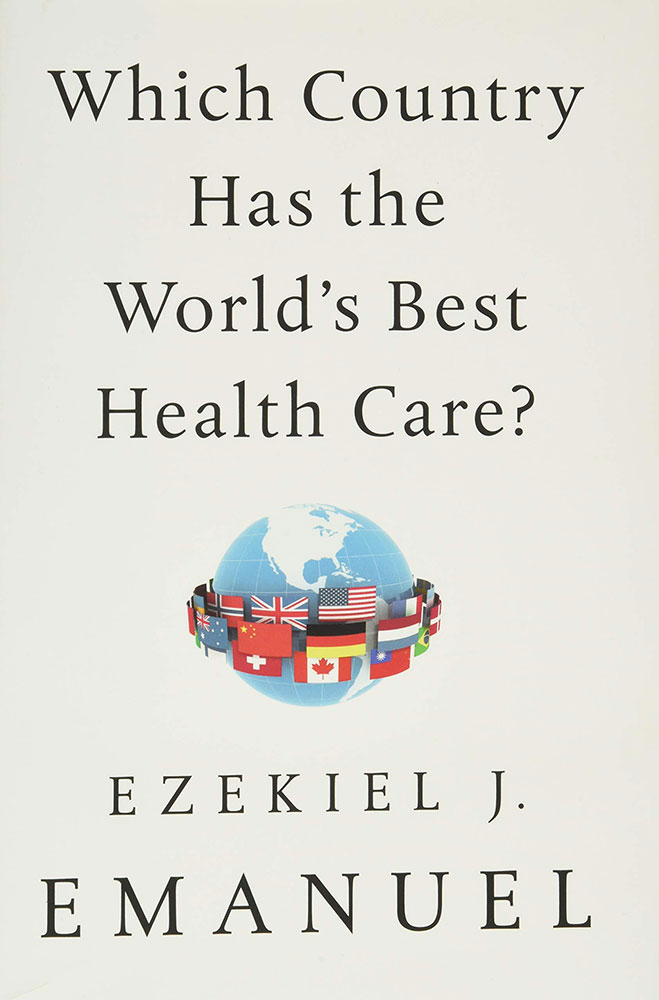
After visiting Wuhan at the peak of its coronavirus outbreak, World Health Organization experts were in awe of the city’s medical facilities and professionals, as well as China’s ability to mobilize these resources nationally. Americans are accustomed to being told that theirs is the best healthcare system in the world, but measured in terms of patient outcomes—even under normal conditions—is this actually true? Preeminent doctor and bioethicist Ezekiel Emanuel profiled 11 national healthcare systems to answer this topical question and his findings are being field-tested in real-time as every nation battles the pandemic.
Footprints: In Search of Future Fossils
By David Farrier (Farrar, Straus and Giroux)
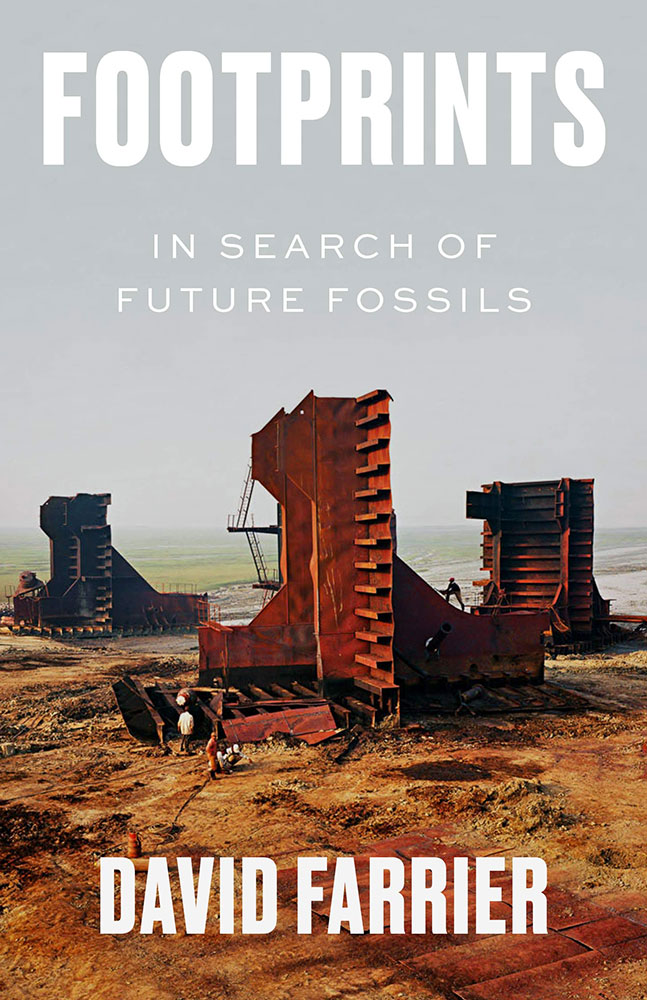
A runaway global crisis, threatening to kill millions and upend the global economy, while politicians dither and deny: sounds a lot like coronavirus, but could just as easily apply to the climate emergency. While the extreme measures taken to halt the pandemic have been impressive, the delayed, disjointed, and competitive responses of the world’s governments give little hope that humanity will overcome its boiling frog reticence to save the planet. British linguist David Farrier extends this conclusion into the deep future to ask what relics of life on earth will be left behind millions of years from now, and what they will say about human life at the dawn of the Anthropocene.
Storm Before the Calm: America’s Discord, the Coming Crisis of the 2020s, and the Triumph Beyond
By George Friedman (Doubleday)
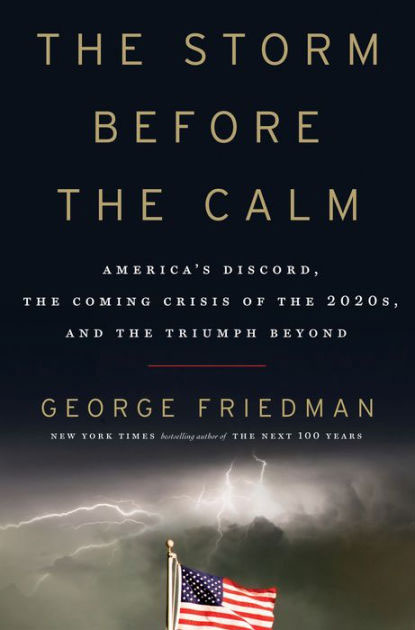
A decade of turbulence will lay the foundations for America’s future triumph, claims renowned geopolitical forecaster George Friedman, whose outlook contradicts much of the prevailing pessimism regarding the nation’s prospects. His argument is based on a close examination of several long-term trends, obscured by day-to-day partisan debates, which he believes will favor America relative to rival or emerging powers. In the midst of a pandemic it’s tempting to say all bets are off, but Friedman’s long timescale offers a thought-provoking, over-the-horizon perspective on global trends.
Trade is Not a Four Letter Word: How Six Everyday Products Make the Case for Trade
By Fred Hochberg (Simon & Schuster)
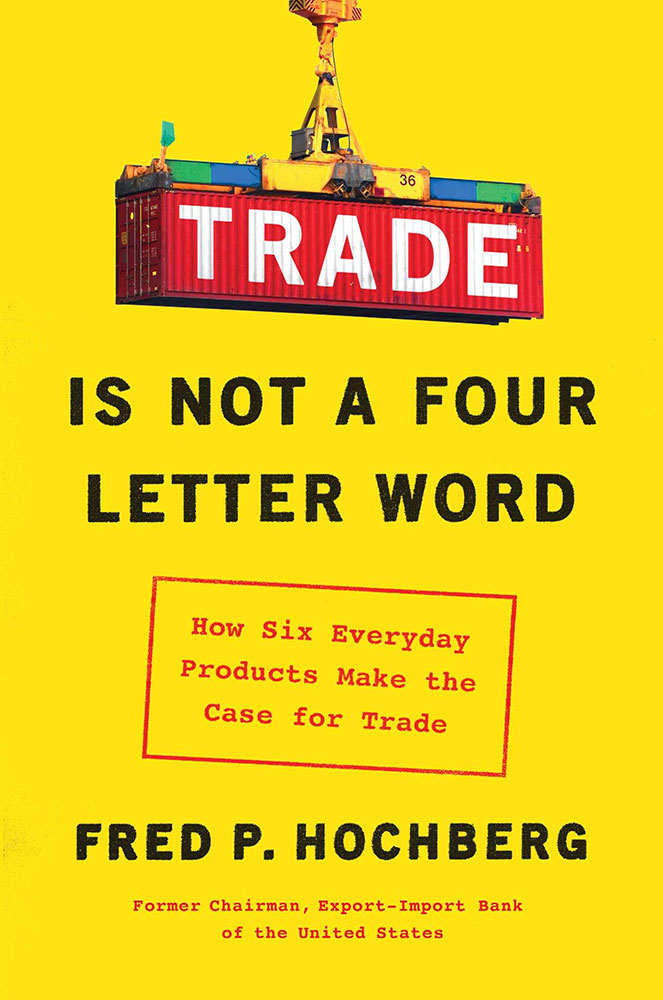
It would be easy to forget that the United States and China are still engaged in a trade war. With COVID-19 lockdowns now facilitating a dramatic, global economic contraction, the odds of a speedy return to a more liberal trade regime hardly seem great. Former Chairman of the US Import-Export Bank, Fred Hochberg, provides a timely remind of what’s at stake. He highlights the taco salad, the Honda Odyssey, the iPhone, the college degree, and the HBO series Game of Thrones, as examples of the accouterments of modern life that would not have existed without the efficient cross-border movement of goods and services.
Has China Won? The Chinese Challenge to American Primacy
By Kishore Mahbubani (Public Affairs)
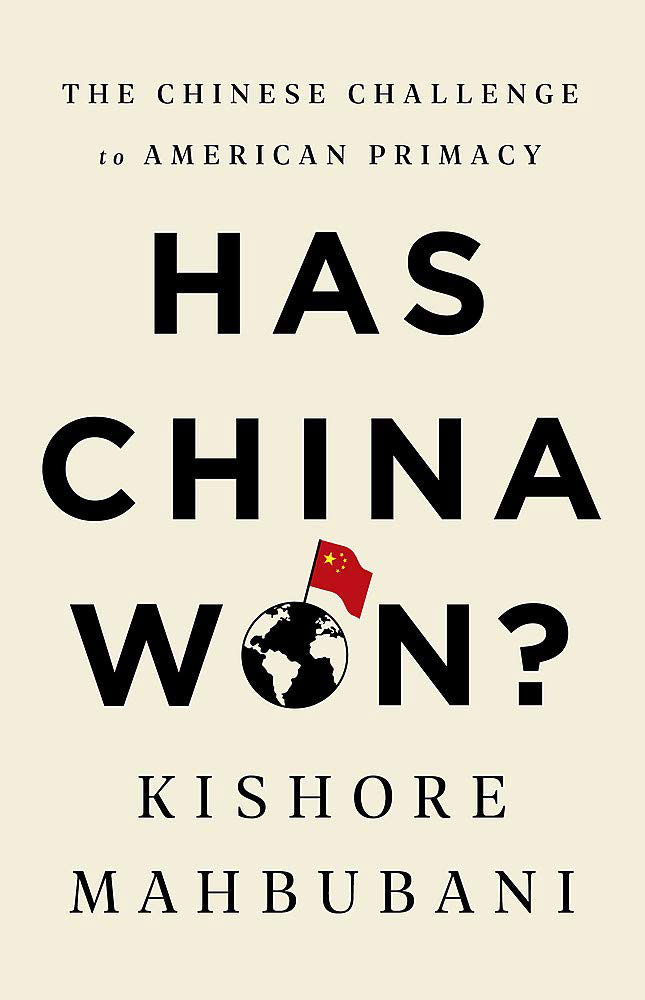
China’s growing economic and military power and America’s retreat from global leadership and dwindling alliances makes it seem inevitable that the trajectories of these powers will intersect at some point. But is China’s dominance of the twenty-first century assured? Singaporean veteran diplomat and intellectual Kishore Mahbubani examines the fault lines in US-China relations and the relative strengths and objectives of each nation. Mahbubani discussed his book and how COVID-19 might alter this relationship during a virtual event at the Council.
Capital and Ideology
By Thomas Piketty (Harvard University Press)
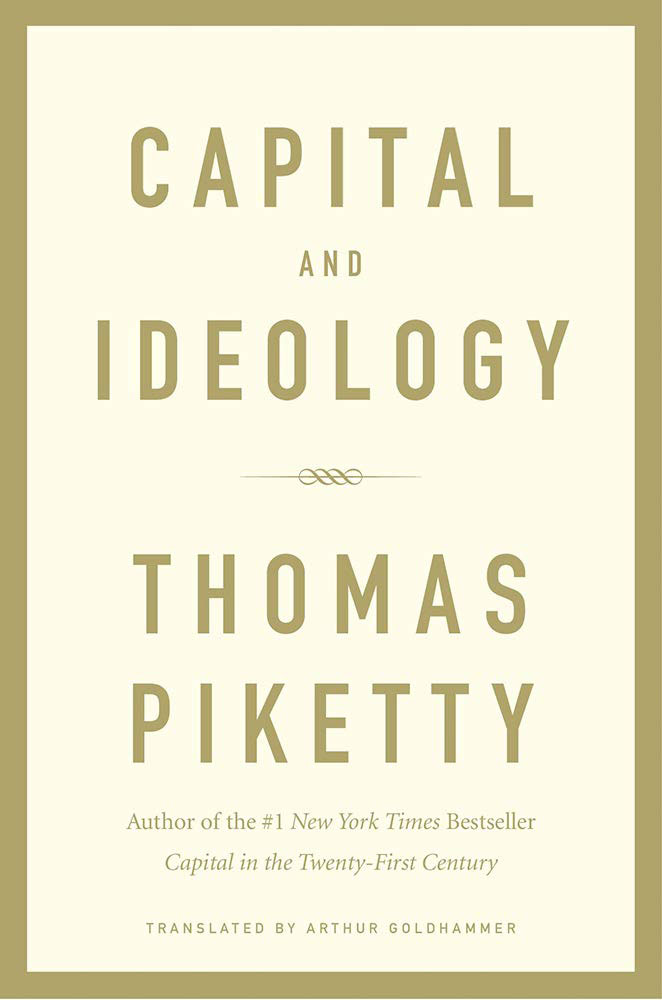
Alongside the likes of Bernie Sanders and Alexandria Ocasio-Cortez, Thomas Picketty has done much to make socialism more palatable to the American public. The French economist’s 2013 book Capital in the Twenty-First Century sold 2.5 million copies—a remarkable accomplishment for an academic examination of inequality. With the global economy now on the precipice of a major downturn, even depression, Picketty’s latest demolition of neo-liberalism and his call for “participatory socialism,” could prove to be very timely.
The Double X Economy: The Epic Potential of Women’s Empowerment
By Linda Scott (Farrar, Straus and Giroux)
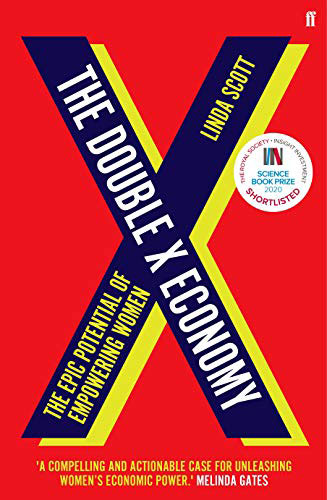
As national economies emerge from whatever turmoil lays ahead, those in power would do well to digest Linda Scott’s examination of women’s empowerment. The Oxford University professor and activist describes the historic structures that have placed women into an almost entirely separate and restricted economic sphere, then demonstrates how this arrangement tangibly limits growth, widens inequality, and fosters instability. Scott’s argument may find fertile ground in the first presidential election year since #MeToo put gender issues at the center of US politics, especially if a struggling economy forces policymakers to seek new avenues for growth.
The Call: Inside the Global Saudi Religious Project
By Krithika Varagur (Columbia Global Reports)

Recessions have a habit of making the wealthy even more powerful and few are wealthier than the House of Saud. Krithika Varagur traveled to Indonesia, Nigeria, and Kosovo to trace how and where the Kingdom’s money is being spent. The award-winning journalist describes a vast and complex global network of influence, all created to transform the Muslim world in Saudi Arabia’s image by spreading Wahhabism, its conservative brand of Islam. A timely read in light of the ongoing Saudi-Yemen war and the dispute between OPEC and Russia, which demonstrate Riyadh's growing assertiveness on the global stage.